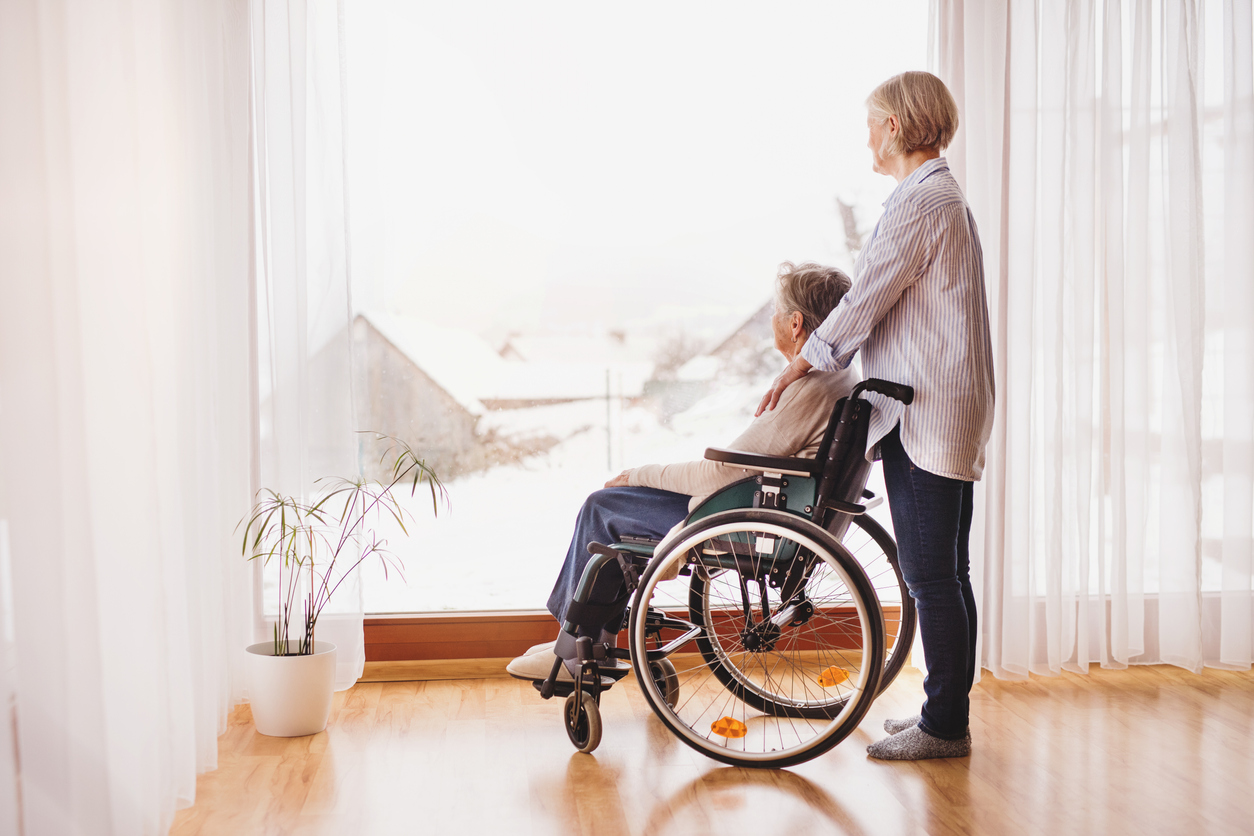AARP Hearing Center

AARP is providing information and resources about COVID-19 to help older Ohioans, and their families protect themselves from the virus and prevent it from spreading to others.
If you have a spouse, sibling, parent, or other loved one in a nursing home, you may be worried about their safety and well-being because of the coronavirus pandemic. AARP has consulted with leading nursing home experts to provide you with some key questions to ask the nursing home:
1. Has anyone in the nursing home tested positive for COVID-19?
- This includes residents as well as staff or other vendors who may have been in the nursing home.
- Ohio recently issued an order addressing this concern. Here is a link to the order issued by Dr. Amy Acton, Director of Ohio Department Health, instructing all nursing homes and residential care facilities to notify residents and guardians of positive or probable cases of COVID-19. READ ORDER.
2. What is the nursing home doing to prevent infections?
- How are nursing home staff being screened for COVID-19, especially when they leave and re-enter the home.
- What precautions are in place for residents who are not in private rooms?
3. Does nursing home staff have the personal protective equipment (PPE)—like masks, face shields, gowns, gloves—that they need to stay safe, and keep their patients safe?
- Have nursing home staff been given specific training on how to use this personal protective equipment?
- If no, what is the plan to obtain personal protective equipment?
4. What is the nursing home doing to help residents stay connected with their families or other loved ones during this time?
- Does the nursing home help residents call their loved ones by phone or video call?
- Will the nursing home set up a regular schedule for you to speak with your loved one?
5. What is the plan for the nursing home to communicate important information to both residents and families on a regular basis?
- Will the nursing home be contacting you by phone or email, and when?
6. Is the nursing home currently at full staffing levels for nurses, aides, and other workers?
- What is the plan to make sure the needs of nursing home residents are met—like bathing, feeding, medication management, social engagement—if the nursing home has staffing shortages?
If you are concerned about the safety and well-being of a spouse, parent, or other loved one who lives in a nursing home, contact your regional long-term care ombudsman program, or call 1-800-282-1206.
You can also contact Adult Protective Services through your county Department of Job and Family Services or call 1-855-OHIO-APS (1-855-644-6277) toll-free 24/7. For more information on Adult Protective Services, please visit the Ohio Department of Aging Website.
Resources from AARP are also available online at www.aarp.org/coronavirus































































